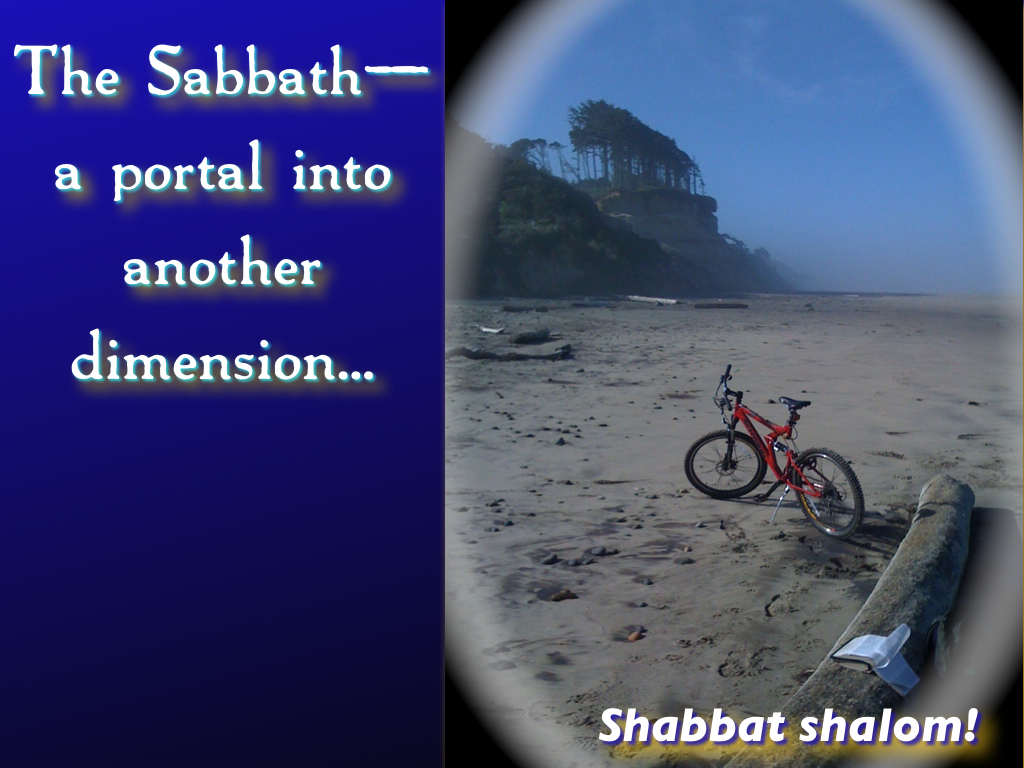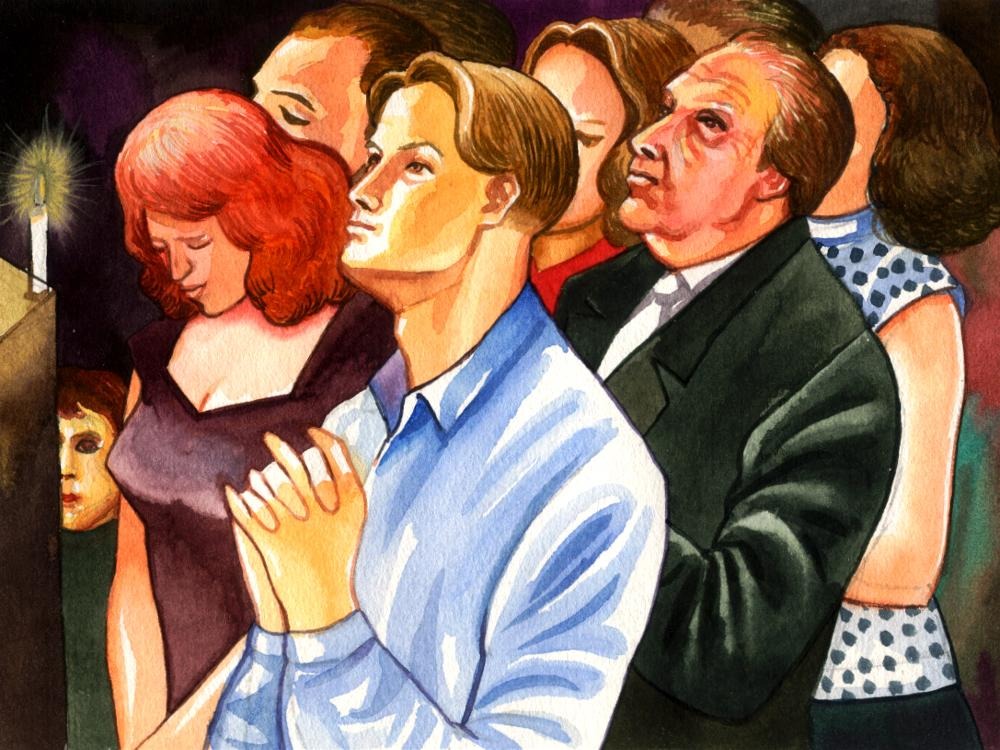Hebrews 7:12, Priesthood being changed…a change also of the law [Torah]. The Greek words for being changed and a change are respectively metatithemi (a verb) and metathesis (a noun). The the verb means “to transpose, to transfer, to go or pass over, to fall away or desert from one person or thing to another.” Many people interpret this verse to mean that YHVH’s Torah-law was changed (i.e. has been invalidated or annulled) by the new covenant, but is this what the author is saying here?
Before going further in our discussion, let’s lay out some basic truths of the Scriptures.
YHVH doesn’t change (Mal 3:6; Heb 13:8; Jas 1:17). The word torah [in English, translated as law] means “instructions, principles, teachings” and came directly from YHVH to his people. The Torah teaches men how to love YHVH and love one’s fellow man. It is YHVH’s instructions in righteousness and reflects his very character and nature. Who YHVH is doesn’t change.
It is a sin (a violation of the Torah) to change the Torah (Deut 4:2; 12:32).
So in this light, what is this verse really saying? It declares that the priesthood was changed. The Levitical priesthood that was temporarily and parenthetically inserted into the Melchizedek priesthood (both priesthoods are revealed in the Torah, see Exod 19:2, 4 cp. 28:1; 32:29). In the former priesthood, a father acted as the priest over his family interceding for them before Elohim via sacrifices and offerings (Gen 8:20; 12:7, 8; 13:18; 22:9; 26:25; 33:20; 35:1, 3, 7; Exod 17:15; Job 1:5). In the latter priesthood, YHVH designated the descendants of Aaron as priests over Israel replacing the heads of each home as the priest of each family (Exod 30:31).
The writer of Hebrews reveals to us that with the coming of Yeshua, the Aaronic or Levitical priesthood was replaced by the original order of Melchizedek with Yeshua as its High Priest. This makes sense when we realize that Yeshua is not only the builder of his spiritual house, the church (Heb 3:3), but also the head of it, for he is the High Priest over the spiritual house of Elohim (Heb 10:21), which is comprised of the saints who are living stones and are apart of that house (1 Pet 2:5) and temple (1 Cor 3:16; 2 Cor 6:16; Eph 2:21–22) with Yeshua as the chief corner stone and the apostles and prophets the foundation (Eph 2:20). The saints are currently a part of this original Melchizedek priesthood, which has attained to the higher spiritual level through Yeshua, regardless of their tribal lineage (1 Pet 2:9; Rev 1:6; 5:10; 20:6).
This verse is also telling us that since the Levitical priesthood reverted to the original priestly order, certain temporary regulations within the Torah pertaining to the Levitical priesthood had to revert back to the original Torah priesthood. The Epistle to the Hebrews makes it clear what this change or transfer involves. The Levitcal priesthood—an expansion of the Melchizedek priesthood—was also a prophetic shadow-picture of the new priesthood to come. The temporary Levitical priesthood in all of its aspects pointed to Yeshua’s sinless life, his death, burial, resurrection, and then his role as our Great Heavenly High Priest. The Levitical priesthood was a spiritual road sign that pointed to Torah’s greater fulfillment in the Person of Yeshua. So what was changed or transferred? The writer of Hebrews clearly answers this question throughout this book. Yeshua once and for all permanently replaced all the repeated sacrifices and the temple ceremonies associated with them, as well as the priesthood that administered these rites and rituals. That’s all that was “changed” or transferred. YHVH’s sabbaths, feasts, dietary laws, and his other instructions in righteousness have never been annulled. In fact, Yeshua upholds the Torah in every way (see Matt 5:17–19), and even tells us that we are not only to follow its letter, but also its spirit (Matt 5:21–48). Paul calls the Torah holy, just and good (Rom 7:12), and tells us in the strongest terms that the grace of YHVH doesn’t annul, but rather establishes the Torah (Rom 3:31). His adherence to the Torah to the end of his life is validated by the biblical record (Acts 21:24), and by the testimony of his own lips in two courts of law (Acts 24:14; 25:8).
During the Millennium, it appears that the two priesthoods will be operating simultaneously. Assuming Ezekiel’s temple is a prophetic description of a millennial temple (not all Bible experts believe this), the Levitical sons of Zadok will be officiating at the temple in Jerusalem (Ezek 44:125), while the Melchizedek priesthood of all believers (Peter calls them the royal priesthood, 1 Pet 2:9) will be ruling and reigning over the earth with Yeshua during the Millennium. In other words, these priest are the saints that John mentions three times in the Book of Revelation who will be priests during the Millennium (Rev 1:6; 5:10; 20:6). Presumably their role will be to teach the Torah and the Testimony of the Yeshua to the peoples of the earth and to act as judges, since this was the historic role of the ancient Levite priests. Meanwhile the sons of Zadok will be officiating at the temple in Jerusalem. Interestingly, Isaiah talked about a millennial era priesthood that would be comprised of both Levites and redeemed Gentiles (Isa 66:18–21).







